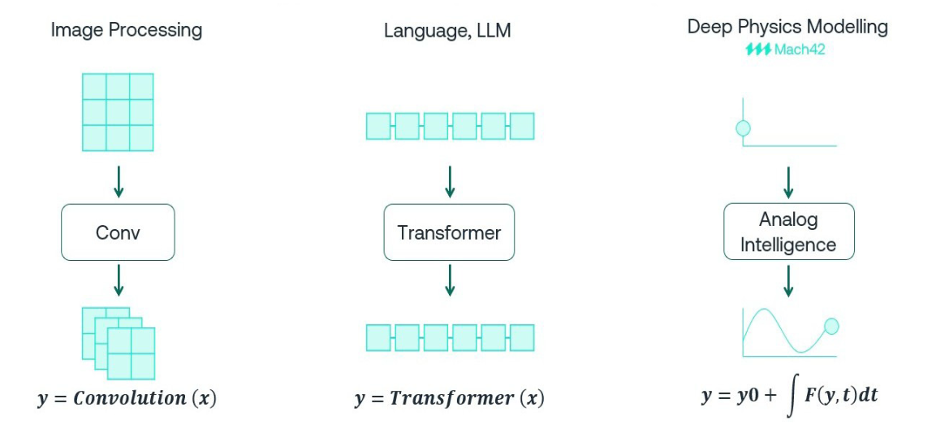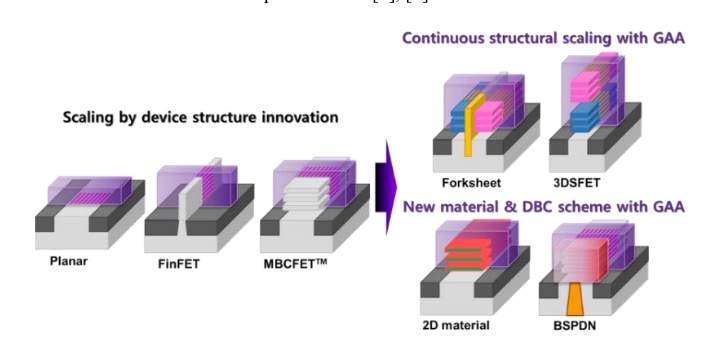In more than 30 years of semiconductors, we have seen many technology-induced disruptions in our ecosystem, be it healthcare, consumer, mobile, aerospace, or any other field for that matter. To name a few are portable healthcare devices at much lower prices, video conferencing over internet that reduced the need of physical … Read More
 CEO Interview with Dr. Raj Gautam Dutta of Silicon AssuranceDr. Raj Gautam Dutta is the Co-Founder and…Read More
CEO Interview with Dr. Raj Gautam Dutta of Silicon AssuranceDr. Raj Gautam Dutta is the Co-Founder and…Read More Beyond Transformers. Physics-Centric Machine Learning for AnalogPhysical AI is an emerging hot trend, popularly…Read More
Beyond Transformers. Physics-Centric Machine Learning for AnalogPhysical AI is an emerging hot trend, popularly…Read MoreSamsung Device Solutions Has a New Home
Last week it was the formal opening of Samsung’s new office building in North San Jose. They have brought together all of semiconductor device solutions in a huge new office building. The building can hold 2000 people. Samsung Device Solutions consists of:
- memory
- system LSI
- LED
- display
Dr OH Kwan, the CEO of Samsung Electronics,… Read More
Semiconductor Inventories Under Control
The semiconductor market is currently in a slow growth period. After 10% growth in 2014, the market is expected to only show low single-digit growth in 2015. Our own forecast at Semiconductor Intelligence is 1.5%. In several previous market slowdowns, inventories in the channel have climbed as some companies were slow to adjust… Read More
Indian Railways and SoCs
Last week I woke up late as usual and decided to flip through the news paper on Coffee to enjoy the lazy Sunday morning, but I ended up reading a sad news about a train accident. Everyday virtually we hear about minimum one accident. Indian Railways, wow, what a reliable transportation system we have built. It clearly indicates we have… Read More
EUV – So late to the party it may already be over!
Stocks in the semiconductor equipment space continue to fall only this time along with the broad market. We had recently pointed out that LRCX was the last to fall among the large cap companies in the space but now the question becomes when have they fallen enough to say its over, and which stocks have more to fall……
ASML… Read More
The Rosetta Stone of…Actually, the Real One
Last week I wrote about the British Museum Algorithm in the context of simulation corners for variability. You walk everywhere. And if you don’t walk to just the right place, you miss something. Just like visiting the British Museum. Today I’m going totally off-topic to talk about something that really is in the British Museum, … Read More
3 Essential Rules for IoT Businesses
There are multiple opinions on from different sources which make the world so obsessed with the IoT. But really, Internet of things is far bigger than anyone realizes. Some people tell that it’s the term given to the connected things and it’s just about providing IPv6 to any “thing” that is available in… Read More
Prototyping the Future of Semiconductors!
With major semiconductor mergers and acquisitions running rampant in 2015 (more than double the M&A activity in 2014), the question is where will we go from here? There are many different ways to slice this but for this blog let’s talk about the thousands of semiconductor professionals that will be changing jobs as a result … Read More
Xilinx Skips 10nm
At TSMC’s OIP Symposium recently, Xilinx announced that they would not be building products at the 10nm node. I say “announced” since I was hearing it for the first time, but maybe I just missed it before. Xilinx would go straight from the 16FF+ arrays that they have announced but not started shipping, and to the… Read More
Nine Cost Considerations to Keep IP Relevant
It’s about 15 years the concept of IP development and its usage took place. In the recent past the semiconductor industry witnessed start of a large number of IP companies across the globe. However, according to Gary Smith’s presentation before the start of 52[SUP]nd[/SUP] DAC, IP business is expected to remain stagnant for next… Read More




TSMC vs Intel Foundry vs Samsung Foundry 2026